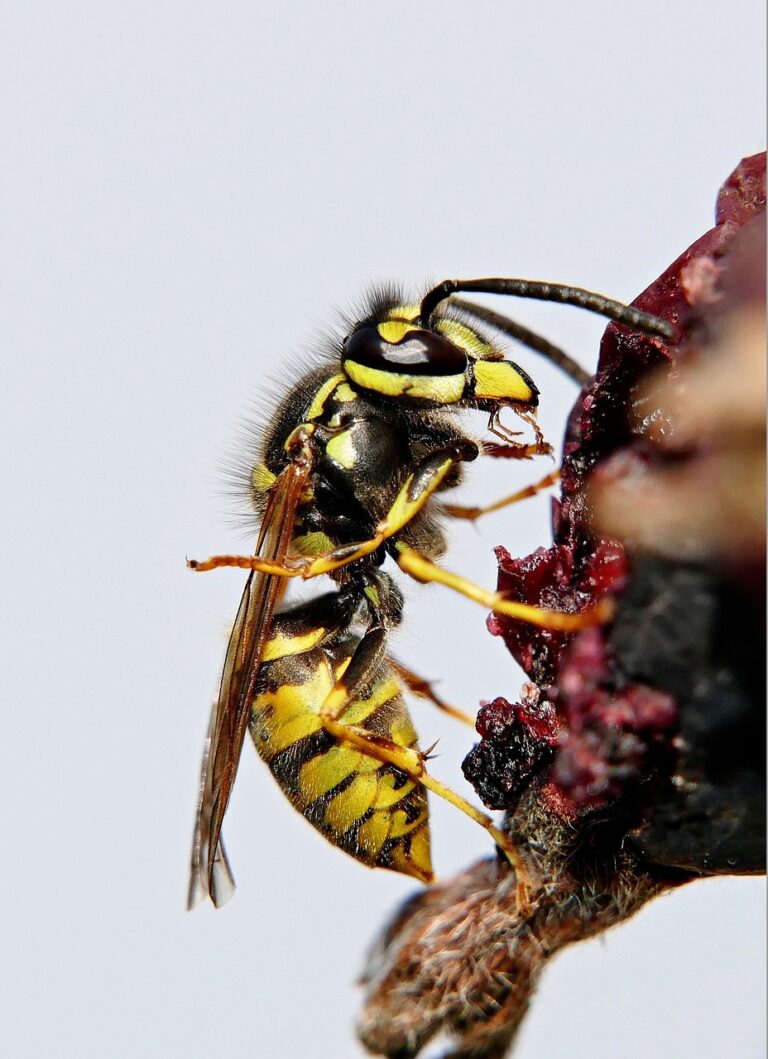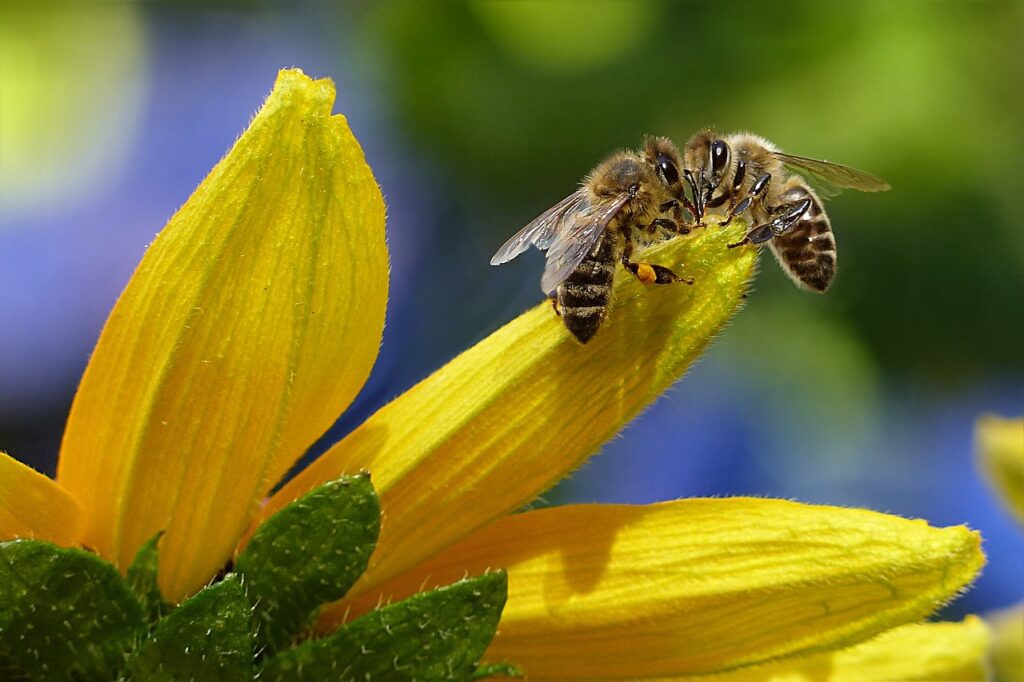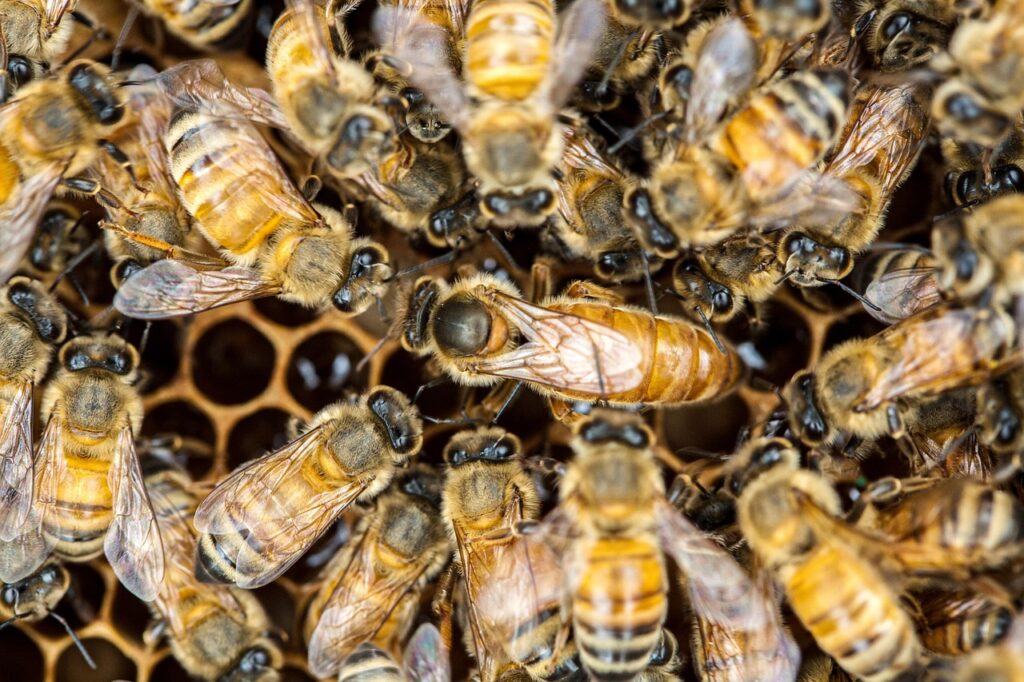How does the misconception that all bees are aggressive affect their protection
The misconception that all bees are aggressive significantly hampers their protection in several ways:
• Fear and Negative Perception Lead to Avoidance or Harm:
When people believe bees are aggressive and likely to sting without cause, they tend to avoid bees entirely or kill them on sight to prevent stings—even though most bees are peaceful and sting only defensively.
This fear-driven reaction contributes to unnecessary destruction of bee populations and habitats[1][2][3].
• Confusion Between Bees and More Aggressive Insects:
People often conflate bees with wasps or hornets, which are more aggressive.
This misidentification causes a general fear and blanket negative attitudes toward all bees, leading to more frequent extermination efforts and less tolerance of bees in urban or residential areas[1][3][4].
• Reduced Support for Bee Conservation:
Misunderstanding bee behavior dampens public enthusiasm for protecting bees or creating pollinator-friendly environments.
If bees are seen as threats rather than vital, gentle pollinators, communities are less likely to support planting bee-friendly gardens, building habitats, or advocating for pesticide restrictions[1][3].
• Barriers to Ethical Bee Management:
Fear of aggressive behavior leads many to demand complete eradication rather than humane or safe removal of bees.
This adds pressure on professional beekeepers and removal specialists to justify relocation over extermination, even though bees provide essential ecological services[3].
• Public Misinformation Perpetuates Misconceptions:
Without clear and accessible education that bees are generally non-aggressive defenders rather than attackers, misconceptions persist.
The repeated use of terms like “aggressive” by the public and media reinforces fear instead of fostering understanding and coexistence[5][2].
In summary, the false belief that all bees are aggressive creates fear and hostility that undermine bee protection efforts, leading to unnecessary killing, habitat destruction, and reduced conservation support.
Educating people that bees are mostly peaceful and sting only defensively promotes coexistence and better conservation outcomes.
⁂
1. https://beevive.com/en-us/blogs/bee-blog/top-5-bee-myths-debunked
2. https://covenantwildlife.com/blog/debunking-common-myths-about-honeybees/
3. https://austinlivebeeremoval.com/2025/02/dispelling-myths-about-bees-and-bee-removal/
4. https://www.mrwasp.co.uk/five-common-myths-about-bees
5. https://www.honeybeesuite.com/what-makes-honey-bees-aggressive/



